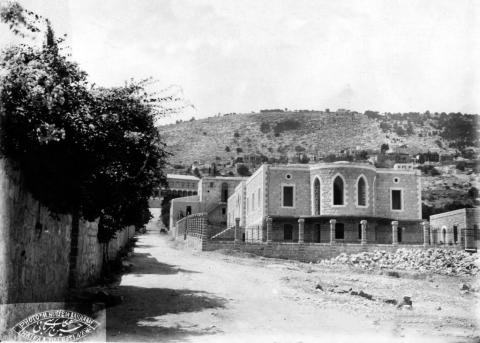Lauded be Thy name, O Lord my God! Thou seest me in this day shut up in my prison, and fallen into the hands of Thine adversaries, and beholdest my son (The Purest Branch) lying on the dust before Thy face. He is Thy servant, O my Lord, whom Thou hast caused to be related to Him Who is the Manifestation of Thyself and the Day-Spring of Thy Cause.
At his birth he was afflicted through his separation from Thee, according to what had been ordained for him through Thine irrevocable decree. And when he had quaffed the cup of reunion with Thee, he was cast into prison for having believed in Thee and in Thy signs. He continued to serve Thy Beauty until he entered into this Most Great Prison. Thereupon I offered him up, O my God, as a sacrifice in Thy path. Thou well knowest what they who love Thee have endured through this trial that hath caused the kindreds of the earth to wail, and beyond them the Concourse on high to lament.
I beseech Thee, O my Lord, by him and by his exile and his imprisonment, to send down upon such as loved him what will quiet their hearts and bless their works. Potent art Thou to do as Thou willest. No God is there but Thee, the Almighty, the Most Powerful.
